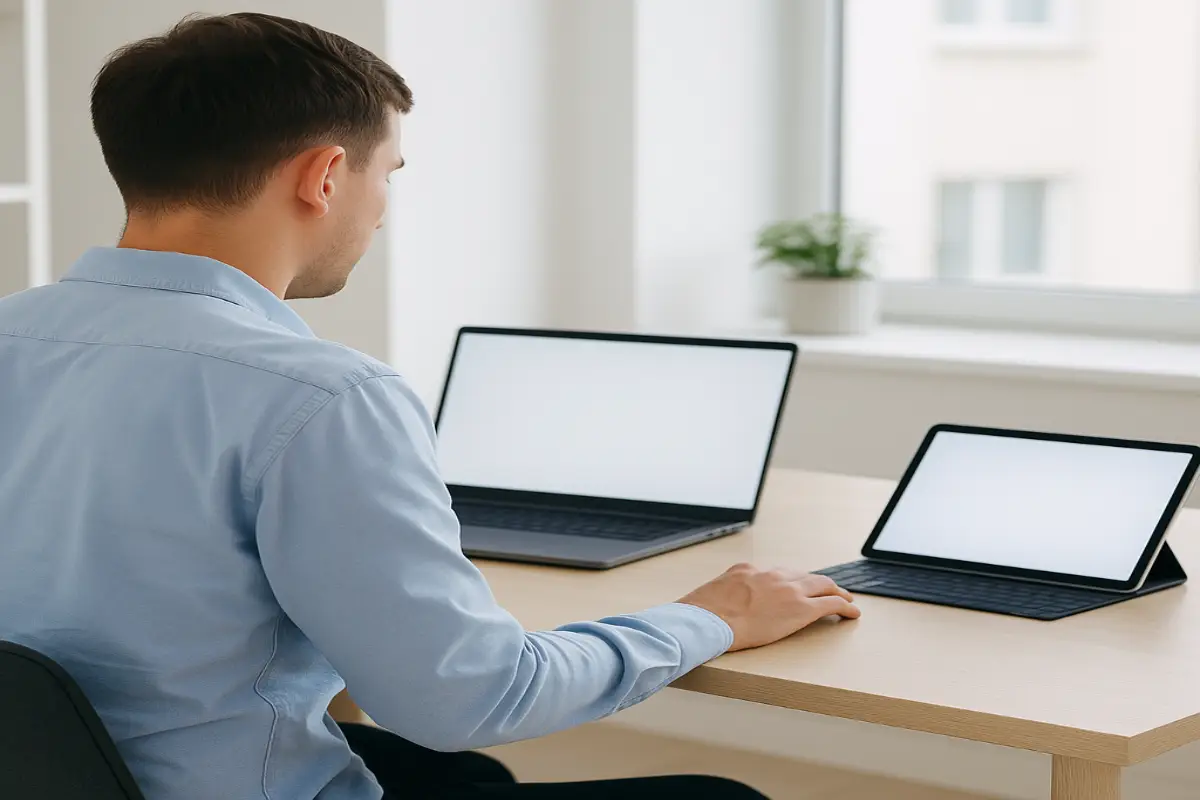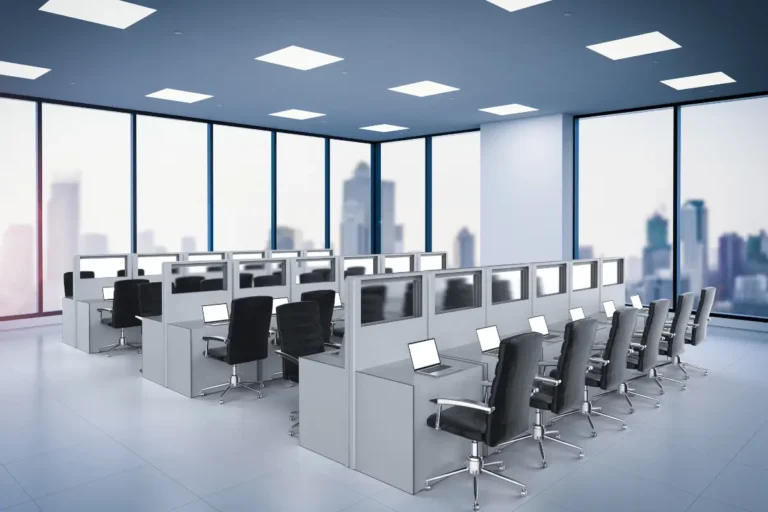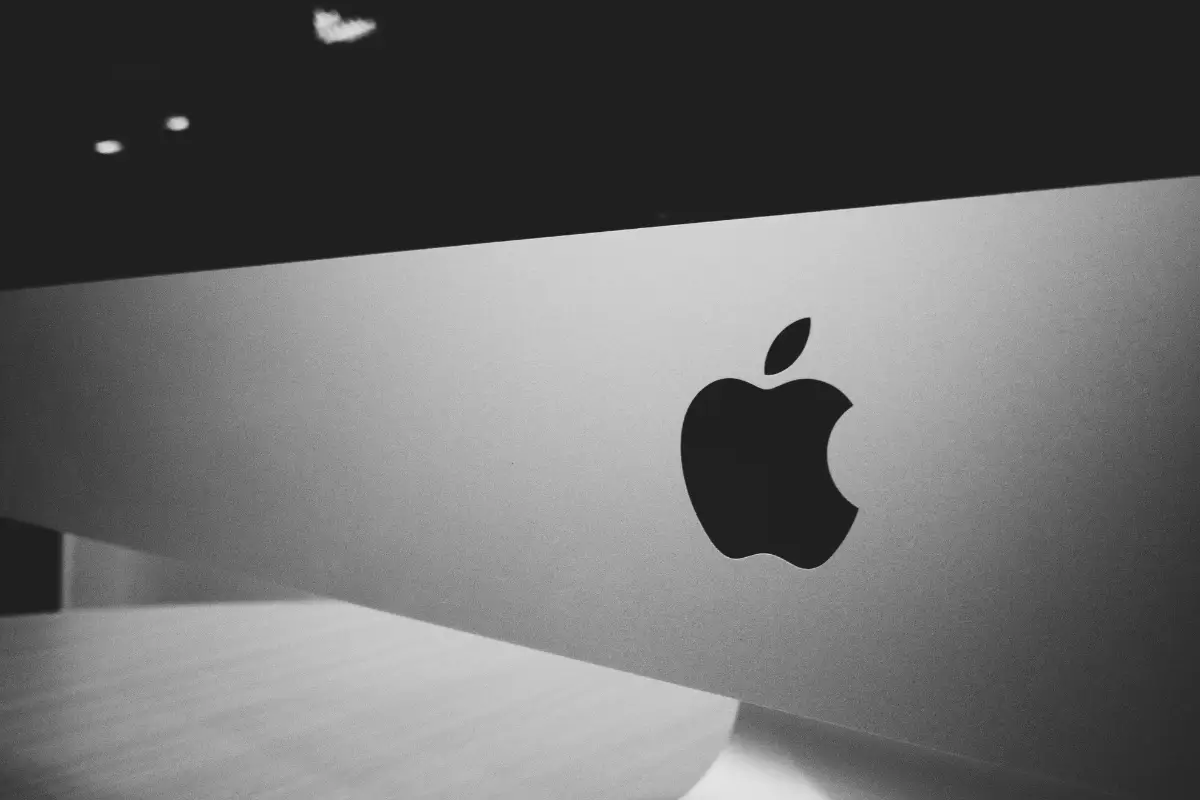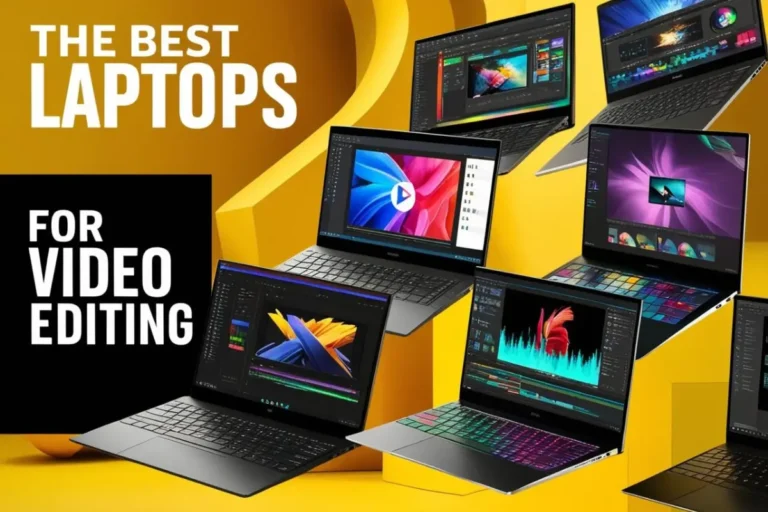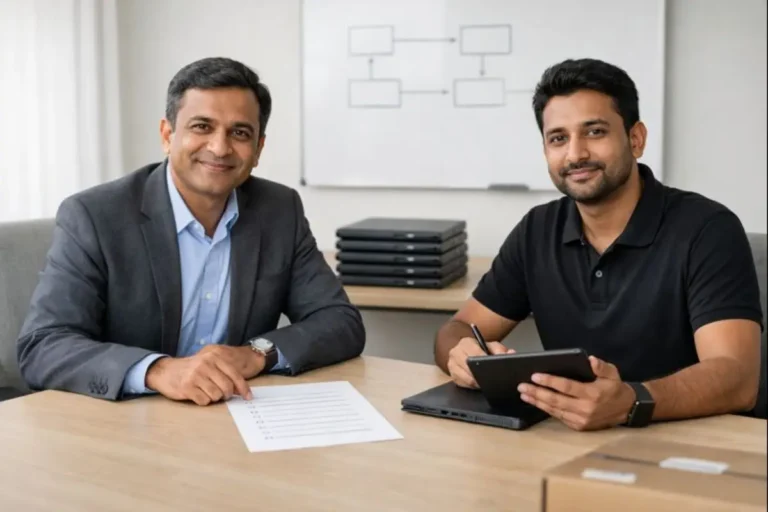Laptop vs Tablet: Which Is Better for You?
Choosing between a laptop vs tablet comes down to what you actually need from your device. Both offer mobility, power, and convenience, but in very different ways. Laptops are designed for productivity and multitasking, while tablets prioritize portability and simplicity. Let’s break down their strengths, limitations, and where each one shines so you can make a confident decision.
If you’re exploring device options for work, travel, or study, check out how laptop rentals in India are transforming accessibility and affordability.
Understanding the Difference
Before we dive into comparisons, it’s important to understand what sets these two apart. Laptops are productivity machines built for multitasking and power, while tablets focus on portability and ease of use.
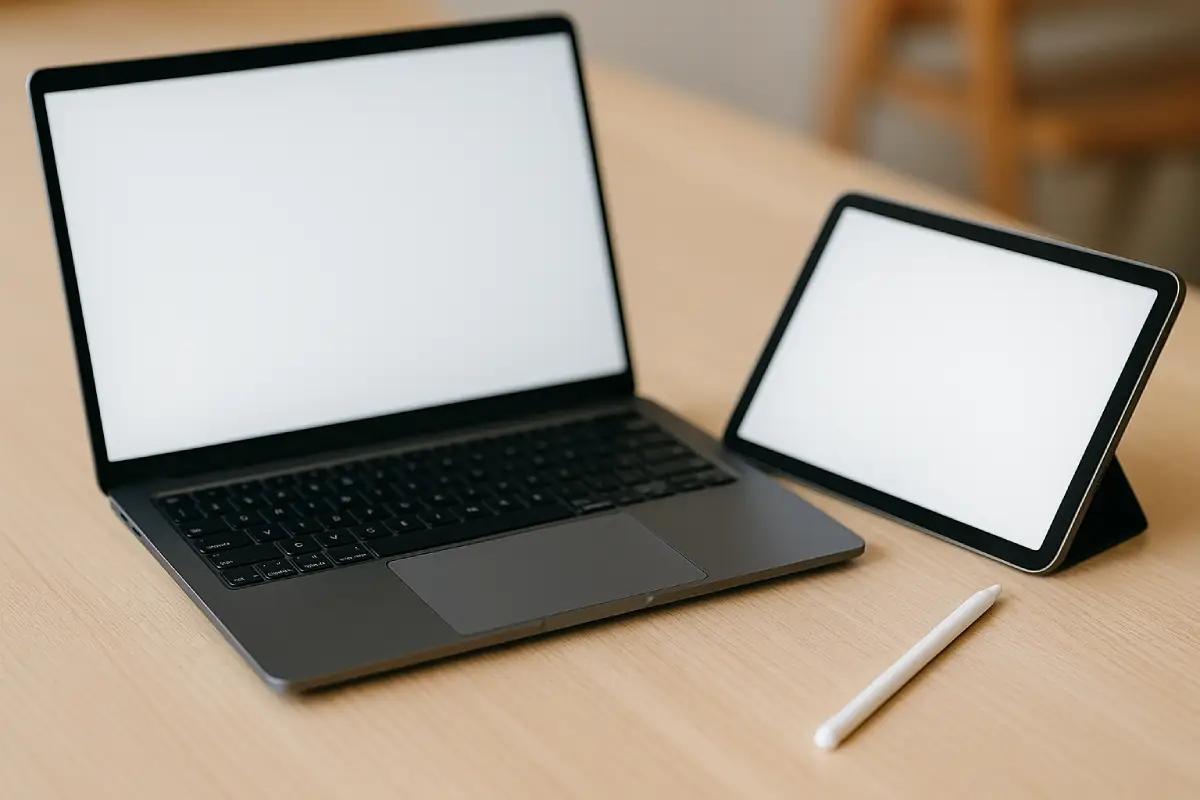
A laptop is a portable computer with a physical keyboard, strong hardware, and a full operating system. It’s perfect for professionals, students, and creatives who rely on performance-heavy tools, such as the best laptops for coding and programming in India. A tablet, however, is ideal for light computing, reading, sketching, streaming, and browsing. It’s faster to start up, easier to carry, and typically has better battery life.
In short, if you want a full computer experience on the go, laptops still rule. But if you want a lightweight, entertainment-friendly device, tablets deliver unbeatable convenience.
Key Factors to Compare
When deciding between a tablet vs laptop, consider what matters most to you—power, portability, or practicality. Let’s look at the key points to compare.
We compare performance, portability, usability, and more to help you find what fits your daily routine best.
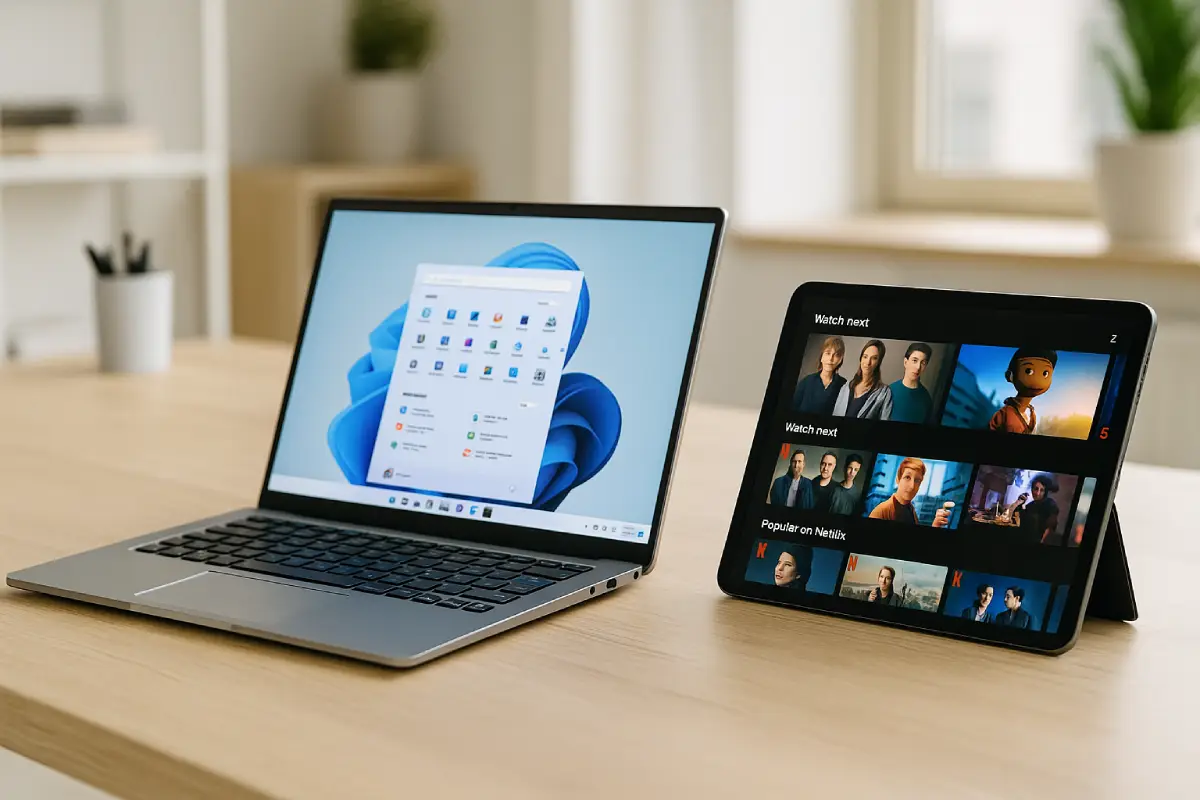
1. Performance
A laptop is built for heavy-duty work. It handles multitasking, professional-grade apps, and complex programs with ease. Gamers, developers, designers, and writers all benefit from a laptop’s raw computing strength. For example, our guide on the best laptops for video editing dives deep into performance-driven options.
A tablet, while efficient, focuses on basic use. It can manage browsing, reading, streaming, and creative sketching apps like Procreate or Notability. High-end tablets with M-series chips blur the line, but they still can’t fully replace a laptop for professional workloads.
2. Portability
If your top priority is mobility, tablets are unmatched. They’re compact, thin, and can easily fit into a backpack or handbag. You can carry them everywhere, perfect for travelers or field workers. However, modern laptops, especially ultrabooks and Chromebooks, have closed this gap with lightweight designs and thin builds. Don’t miss our comparison of laptops with the best battery life in India to find models that balance portability and endurance.
3. Battery Life
In most cases, tablets last longer than laptops. Their efficient processors and minimal background tasks make them power-friendly. You can go a full day watching videos, reading, or taking notes without worrying about charging. Laptops have improved in this area, but demanding performance still drains power faster.
4. Input & Control
Typing long documents or working on spreadsheets? The laptop is your go-to. The tactile feedback of a real keyboard and precise cursor control make work efficient and comfortable. Tablets rely mainly on touch input, which works well for browsing but feels slower for prolonged work unless you add an external keyboard or stylus. For smoother laptop operation, see our guide on how to prevent laptops from overheating.
5. Storage & Connectivity
Laptops come with higher storage capacities and more connectivity options—USB ports, HDMI, Ethernet, and SD card slots. Tablets depend mostly on cloud storage and wireless data sharing. If your work involves large files, media, or frequent data transfers, a laptop is clearly more practical.
6. Price & Value
Cost can also influence your decision. Tablets are usually cheaper and require less maintenance. But laptops, though pricier, offer long-term value for power users. If your tasks require performance over portability, a laptop justifies the investment.
The Case for Laptops
Laptops remain the go-to device for professionals, creators, and students needing performance and flexibility.
Here’s why many still prefer laptops:
- Software Compatibility: Laptops support full desktop applications like Adobe Creative Cloud, Office Suite, and coding environments.
- Power & Speed: Ideal for multitasking, rendering, and high-speed processing.
- Customizability: Users can upgrade RAM or SSDs to extend lifespan.
- Comfort & Functionality: Built-in keyboards and versatile connectivity make extended use efficient and ergonomic.
For more insights, read about the top 10 benefits of renting a laptop.
Best For: Professionals, students, developers, designers, and office workers.
The Case for Tablets
Tablets excel at portability, entertainment, and casual productivity with intuitive touch interaction.
Why tablets might fit your lifestyle better:
- Lightweight Convenience: Compact and easy to carry anywhere.
- Touchscreen Experience: Great for streaming, sketching, and reading.
- Exceptional Battery Life: Stays powered for hours without recharging.
- Stylus Support: Perfect for digital note-taking and illustrations.
Best For: Students, travelers, artists, readers, and anyone who wants a quick, portable device.
What About 2-in-1 Devices?
2-in-1 laptops combine the best of both worlds: the versatility of a tablet with the performance of a laptop. Convertible and detachable laptops allow users to switch between typing and tablet mode with ease. They’re especially popular among professionals working in creative and hybrid roles.
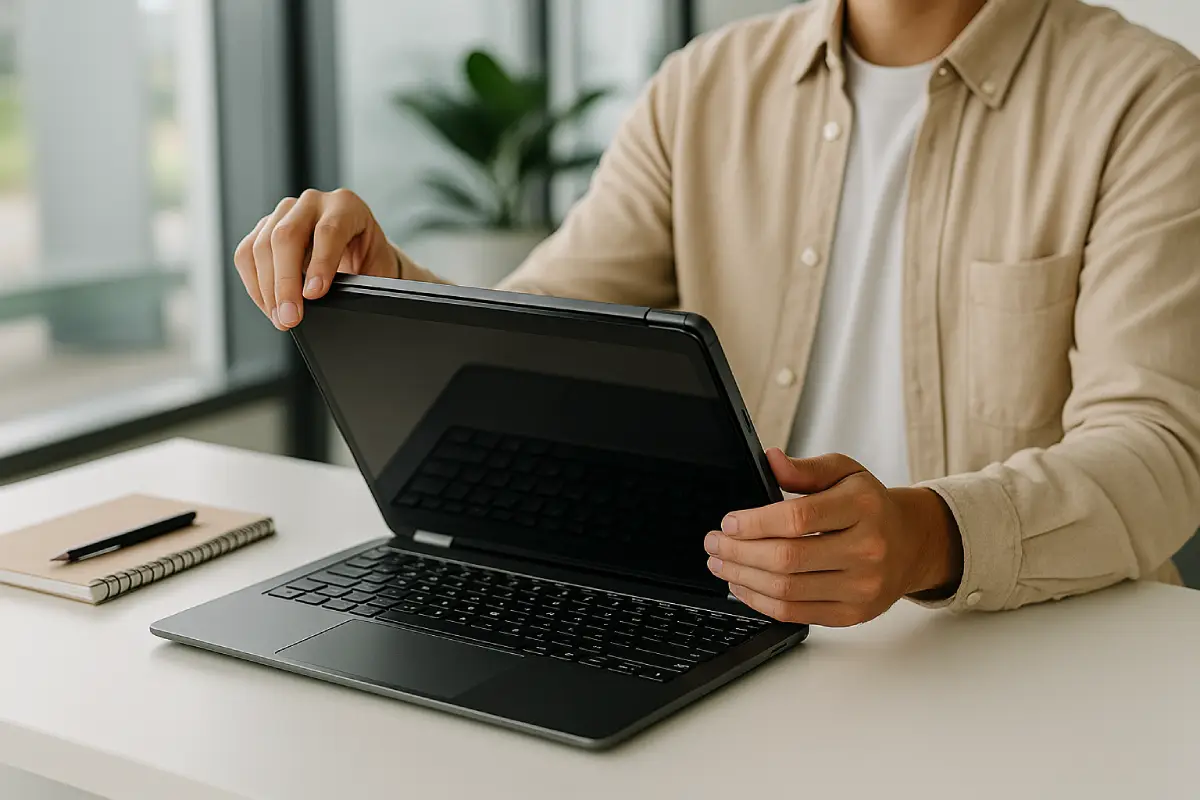
Pros of 2-in-1 Devices:
- Flexibility to use as a laptop or tablet.
- Touchscreen functionality with full OS performance.
- Excellent for presentations, meetings, and design work.
Cons:
- Slightly more expensive than standalone laptops or tablets.
- Some models compromise on power or battery life.
Still, if you want power, portability, and touchscreen versatility in one package, a 2-in-1 device offers incredible value.
Laptop vs Tablet: Which Is Better?
The answer depends on how you use your device, work vs entertainment, performance vs convenience.

- Choose a laptop if you need multitasking, large storage, and compatibility with professional software.
- Choose a tablet if you want portability, touchscreen interaction, and longer battery life.
- Choose a 2-in-1 for a balanced experience across both worlds.
Ultimately, it’s not about which is better universally; it’s about which suits your lifestyle and goals.
FAQs About Tablets vs Laptops
Can I connect a tablet to a laptop?
Yes. Most tablets can connect through USB, Bluetooth, or Wi-Fi Direct for data transfer, screen mirroring, or internet sharing.
Which is better for students laptop or a tablet?
It depends on study habits. Laptops are better for reports, coding, and assignments. Tablets are great for reading, note-taking, and presentations.
Is a tablet better than a laptop?
A tablet wins in convenience and portability, while a laptop dominates in productivity and processing. Choose based on your work style.
Should I buy a 2-in-1 instead?
If you want both laptop power and tablet flexibility, absolutely. A 2-in-1 bridges both needs effectively for students and professionals alike.
Conclusion
The laptop vs tablet debate isn’t about one being superior about matching the right tool to your purpose. If you prioritize performance, storage, and multitasking, a laptop is your best bet. For light use, portability, and entertainment, tablets shine brighter. And if you’re someone who wants the best of both, a 2-in-1 hybrid delivers that middle ground perfectly.
Technology continues to evolve, and the line between laptops and tablets keeps blurring. What matters most is choosing the device that complements your workflow, study habits, or creative projects.
Get Expert Help from Rentopay
Still unsure which device suits your work or study setup? At Rentopay, we help you test the difference before committing. Rent a laptop or tablet today to experience both worlds and find what truly works for you. Visit our website or contact us to get started today.

